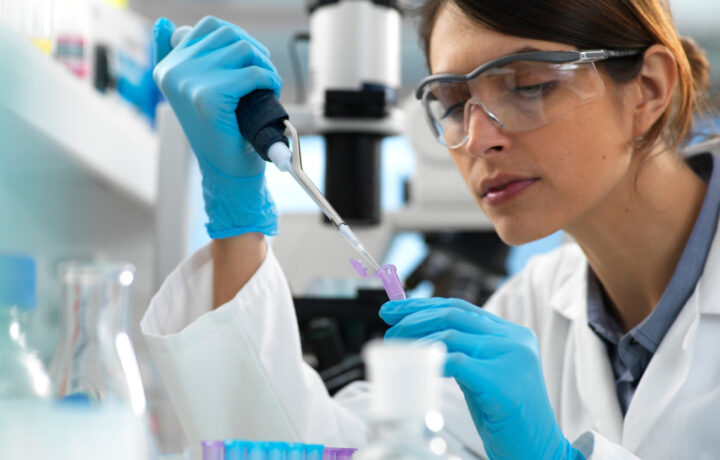Unknowingly veterans, are helping to “fill-in-the-blanks” for researchers who are studying human genetic code and how some genes increase the risk of certain diseases. Because the military is such a diverse organization, the Department of Veteran Affair’s Million Veteran DNA databank provides access to a broader range of genetic code to researchers where before they were mainly limited to DNA from people of European descent.
Million Veteran Program
The Million Veteran program started when researchers gained authorization to the database of veterans ‘genetic code. The DNA stored in the database is used in the sequencing of genomes as part of a program to see how genes, lifestyles and exposure while serving can affect a veteran’s health or increase their risk for certain illnesses after getting out. As of July 24th, the number of stored samples topped 1,037,886.
The Power of Diversity
Since gaining access to the veteran’s DNA starting back in 2018, researchers have been able to find genetic markers that relate to prostate cancer, anemia, Alzheimer’s dementia, and cirrhosis. They have also been able to study the genetics of 165,000 veterans diagnosed with PTSD and another 200,000 with anxiety to see if there is a genetic commonality that may increase the risk of these two conditions – all from the data used from the VA’s Million Veterans DNA biobank.
Currently, researchers are also using the data to see if there is a genetic link to certain types of cancers, diabetes, cardiovascular disease, and even if substance abuse and mental health disorders can be tied to having a certain gene(s).
DNA diversity also comes into play in the world of pharmaceuticals. For example, if a drug that treats a certain gene defect is tested only on a population where 1.5% studied carried a specific gene, but there is another unstudied population (due to a lack of DNA data) where 10% of that population carry that gene, the unstudied population could have a substantial side effect from taking the same drug at the same dosage. Before the Million Veteran Program, these lesser-known populations had not been studied due to the narrow range of DNA available in the past.
The study of the DNA from veterans from non-European descent – in particular those of African, East Asian, or Hispanic descent has increased dramatically. So far, researchers have found 18 traits in these populations that have at least twice the prevalence to certain illnesses or medical condition as do those with European descent. These traits, and their connection to the genetic code, were previously unknown due to the lack on non-European descent DNA data.
The Power of Computing
Having the DNA data for a million veterans is great but that presents another problem – how to efficiently sort through all this data. Fortunately, help was as close as using the supercomputers at the Department of Energy where researchers could run thousands of genetic-disease analyses at the same time. In the past, most genetic-disease association studies were done studying one disease and finding the genes associated with increasing the risk of that disease. Supercomputing speeds up this process by light years.
Sumitra Muralidhar, director of the Million Veteran Program shared, “This is an example where the donation that the million-plus veterans made to this program, it’s really a gift to the world. By taking 42 million-or-so-plus genetic markers and about 2,000 health traits all at once and looking at this, we’ve already completed the first step so-to-speak for a number of health traits. Now other researchers can really take this as a jumping point and expedite discovery and move it towards translation much faster.”
The Million Veteran Program is a great example where veterans are still serving their country and not only helping fellow and future veterans, but helping people from all over the world.



